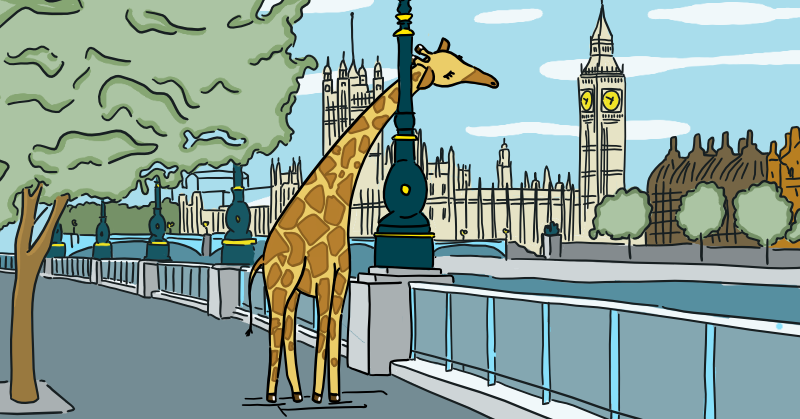Yalta, Smoke, Queues, Homer, Air
Day One At Yalta
Diana Preston | Literary Hub | 4th February 2020
Diary of the Yalta Conference, 75 years ago this week, at which Stalin, Roosevelt and Churchill met to decide the political future of Europe after the final defeat of Nazi Germany, then just weeks away. “Stalin waters his vodka and tries out English expressions that he has learned watching American films. Churchill says the great powers must respect the right of smaller nations. Stalin insists only those who have borne the brunt of the fighting can have a say in determining the peace” (2,070 words)
Under The Influence
Robert Frank | Milken Review | 23rd January 2020
Classic liberalism holds that government should intervene to stop people from harming others, but not from harming themselves. On that basis, it is reasonable to ban smoking in public places, where others share the air; but not to ban smoking outright. This logic, however, neglects a stronger argument for intervention: The contagious effect that bad behaviour has on others. We can harm others merely by setting them a bad example. If our peers smoke, we are more likely to do the same (4,690 words)
Rationing Through Inconvenience
Carl Coleman | Jotwell | 10th January 2020
The potential demand for free and subsidised healthcare is almost unlimited; yet charging market prices to everybody, rich and poor, strikes most of us as heartless. The argument here is that the de facto rationing of free and subsidised healthcare, by making such healthcare highly inconvenient to obtain, is fair and humane. Queues, delays and intrusive formalities will deter frivolous consumers, and will encourage the better-off to buy healthcare more conveniently at market prices (1,330 words)
The Homeric Question
Alvaro de Menard | Fantastical Anachronism | 17th January 2020
Who was Homer? The weight of opinion has swung to and fro over the centuries between those who believed that the Iliad and the Odyssey were composed by a single author, and those who believed that the epics aggregated works by several authors. Current orthodoxy holds that “Homer” was a single author, but one who assembled his poems by drawing on a “vast repertoire” of phrases and formulae, all of them part of a wider oral tradition, which he could fit together “like lego blocks” (4,570 words)
Why Do Planes Stay In The Air?
Ed Regis | Scientific American | 1st February 2020
Even now, scientists disagree about what generates “lift”, the force that keeps aeroplanes aloft. There are two main theories, neither of them complete. The first builds on work by 18C Swiss mathematician Daniel Bernoulli; it holds that the curved cross-sectional shape of an aircraft wing creates a zone of low pressure above the wing, pulling the aircraft up. The second theory relies on Newton’s third law of motion: The wing pushes down on the air, creating an opposite force which pushes the aircraft up (3,700 words)
Video: Happy Birthday Variations | Nahre Sol. A pianist’s masterclass, analysing and comparing the styles of ten composers from J.S. Bach to Steve Reich (18m 20s)
Audio: Table 101 | Planet Money. Restaurant design consultant Stephani Robson explains how small changes in layout can produce big changes in customer behaviour (23m 18s)
Afterthought:
”Silences have a climax, when you have got to speak”
— Elizabeth Bowen
